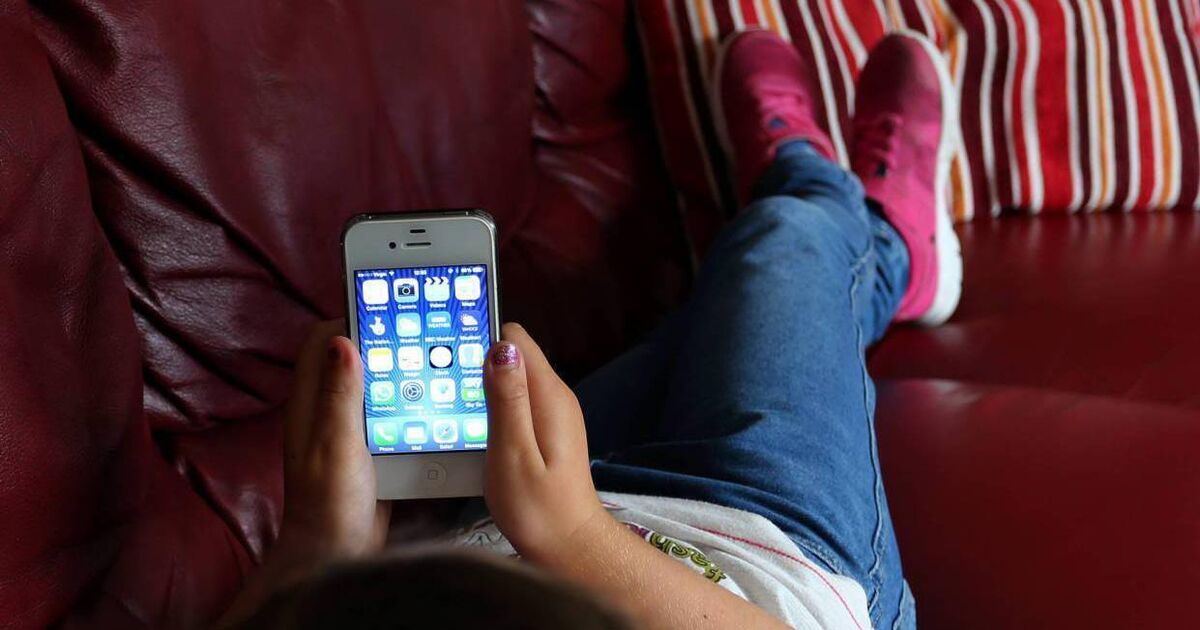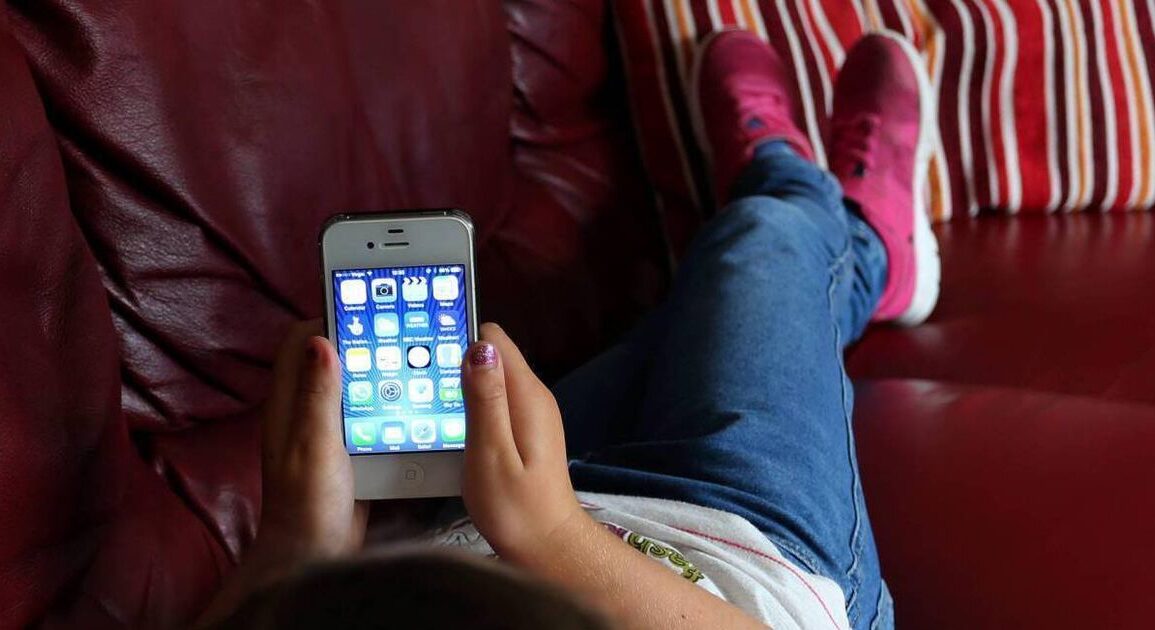
In a letter to commissioner Niamh Hodnett, Ms Foley stated that – as far as she is concerned – it is no longer tenable for social media platforms to ‘stand idly by’, and the likes of TikTok, Facebook and X must take responsibility for protecting younger users.
The Minister said while many social media platforms, including TikTok, Snapchat, Facebook, and Instagram, have an age limit of 13, it is very easy for children to get around this as they “just have to declare a date of birth online that puts them at 13 or older”.
An Online Harms Evidence review, published by Coimisiún na Meán, stated many social media websites have an age limit of 13, but do not verify this through photographic ID coupled with photo submission.
“This is clear proof the current system of age verification is broken. This is creating a series of risks for children,” Ms Foley added.
The commissioner is working on a draft online safety code with Coimisiún na Meán- including fines of up to €20m potentially being levied if platforms and providers do not co-operate.
June 29, 2007: The day the iPhone was released. Before that, teens and many preteens were tapping out texts on their phones mainly to one person at a time. Nobody spent hours texting. After the iPhone release, what Jonathan Haidt in the Anxious Generation calls the ‘Great Rewiring’ began.
“It became common for adolescents to spend most of their waking hours interacting with a smartphone, consuming content from strangers as well as friends, playing mobile games, watching videos and posting on social media. By 2015, adolescents had a lot less time and motivation to get together in person.”
Prof Haidt, a social psychologist, asks what happens to child and adolescent development when daily life – especially social life – gets radically rewired in this way. To answer this question, we need to consider what are the important features of childhood.
As children seek out and practice a range of skills, the neurons and synapses in the brain that are used often, solidify and quicken, while those used infrequently fade away. In the days of play-based childhood, the norm was that, after school, children were out on the street or up and down the road, in and out of houses, playing with each other relatively unsupervised.
Prof Haidt tells us that in free play, kids learn the skills they need to be successful adults.
‘Toddlers clumsily run around and climb up, over or into anything they can until they get skilled at moving around a complex natural environment. With those basic skills mastered, they move on to more advanced games, such as tag, hide-and-seek, and sharks and minnows.
As they get older still, verbal play, as in gossip, teasing and joking around, gives them an advanced course in nuance, non-verbal clues, and instantaneous relationship repair when something they said failed to produce the desired response.
“Over time, they develop the social skills necessary for life in a democratic society, including self-governance, joint decision-making, and accepting the outcome when they lose a contest,” said Prof Haidt
When parents, teachers and coaches started getting involved in the 1980s with supervised activities – free play became less free, and less beneficial.
When teens and even pre-teens start spending all their waking hours on phones, iPads and laptops, sitting alone in their bedrooms watching YouTube videos or scrolling through Instagram and TikTok – these activities replace face-to-face play in the real world.
When we look at it this way – independence and friendship was replaced by conversations with strangers and the persistent need to match up to unachievable standards, for a whole generation of children – why are we surprised when we hear that adolescent mental health has plummeted? Added to that, the content being viewed by teens and pre-teens is highly problematic.
A paper published by the UK Children’s Commissioner last year made very clear the urgent need to protect children from the harms of online pornography. The report does not make for easy reading, but the Commissioner says “nor should it”.
It stated: “I truly believe we will look back in 20 years and be shocked by the content to which children were exposed. Let me be absolutely clear: online pornography is not equivalent to a ‘top-shelf’ magazine. The adult content parents may have accessed in their youth, could be considered ‘quaint’ in comparison to today’s world of online pornography. Depictions of degradation, sexual coercion, aggression and exploitation are commonplace and disproportionately targeted against teenage girls.”
The report drew together research from focus groups aged 13-19 and a survey of 1,000 people aged 16-21.
The majority had encountered violent pornography before the age of 18. Twitter (now X) was the online platform where it was most likely to be encountered by young people. Other mainstream social networking platforms Instagram and Snapchat “rank closely after dedicated pornography sites”.
The new Online Safety Bill introduced in the UK last year mandates age verification to ensure all international platforms with UK users will have to stop minors from accessing ‘harmful’ content as defined by the UK parliament.
In terms of online bullying, evidence from the Health Behaviour in School-aged Children (HBSC) report from the WHO European region states nearly one in six young teenagers experienced cyberbullying in 2022.
WHO regional director for Europe, Hans Kluge called the report a “wake-up call for us all to address bullying whenever and wherever it happens”.
Prof Haidt states the evidence is very clear; 13, the current (and unenforced) minimum age for opening an account on social media platforms, is too low.
“Thirteen-year-olds should not be scrolling through endless posts from influencers and other strangers when their brains are in such an open state. They should be playing, synchronising and hanging out with their friends in person.”
It is imperative there is a complete change in the cultural tolerance of social media and its destructive impact on the wellbeing of an entire generation of teens and pre-teens.
Robust age verification on social media is way overdue but a minimum age of 13 is too low. The best evidence recommends that to dismantle the rewiring of an entire generation and give children back their childhood – the minimum age to own a social media account should be 16.
Dr Catherine Conlon is a public health doctor and former director of human health and nutrition, safefood
This post was originally published on this site be sure to check out more of their content








